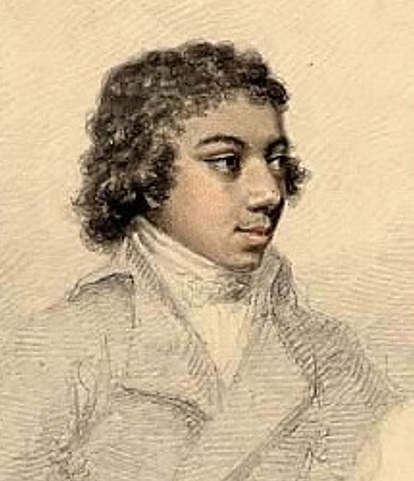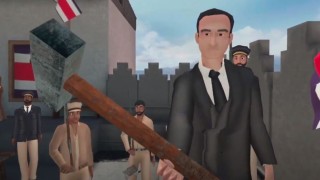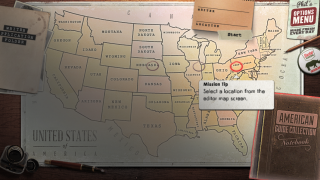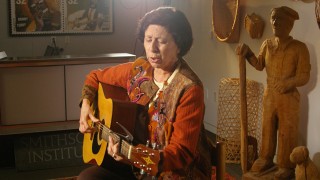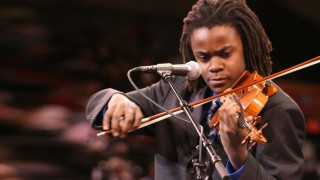The Search for Harmony
An online simulation inspired by the acclaimed book by Rita Dove, Sonata Mulattica
The Search for Harmony
The Search for Harmony is a new web-based game about the rich – and forgotten – historical legacy of classical musicians of African descent. The game was inspired by the acclaimed book Sonata Mulattica by Rita Dove.
In The Search for Harmony, players help a character named Maestro look for his lost friend, Harmony, who has vanished into one of many disconnected worlds, each based in a unique moment of music history. The only way to travel between these worlds is to rebuild mythical bridges made of musical scores. Parts for each score are scattered and hidden, and it’s up to the player to explore each world, rebuild the bridges, look for clues, and find Harmony.
Through the gaming experience, players will understand vital multicultural influences on classical music, learn rudimentary composition concepts and discover the expressive power of music. Themed levels range from the experience of George Augustus Polgreen Bridgetower, an Afro European violinist whose story is virtually unknown despite an astounding virtuosity that enthralled eighteenth and early nineteenth century nobility, to other classical musicians of African descent: the Chevalier de Saint Georges (also known as the “Black Mozart”), Samuel Coleridge Taylor (the “African Mahler”) and “the dean of African-American composers” William Grant Still.
A mobile-accessible approach to game design provides us a point of contact to share classical music with youth, especially in under-served communities. It is a way for kids to interact with history, as well as to experiment with the fundamentals of musical composition organically, without instruction. The Search for Harmony aims to bridge a divide between disparate cultures and allow everyone an opportunity to realize the multi-cultural contributions that have shaped music throughout history. This kind of education is particularly critical today, especially with decreased funding for artistic and music programs across the United States.
In 2017, the production received a Start Up Grant from the NEH Office of Digital Humanities to support archival research, technology evaluation, adviser consultation, storyboard development, and gameplay design.
